Leading Students to a World of Possible
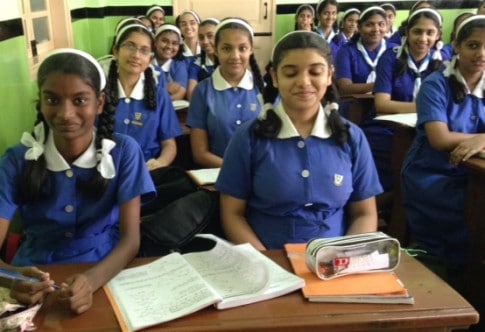
Originally posted on READ 180 Community
By: Sally Doulton
We know that reading opens the door to infinite possibilities for our students. It opens new doors to places they will visit and explore well beyond the short days and years that we have with them, indeed for the rest of their lives! Reading is a skill we teach our students that will help them achieve their hopes, dreams, and aspirations. From reading utility bills to college applications, reading will also enable them to make educated and informed decisions about situations they will face in their lives. It will foster critical thinking, independence, and empowerment to live a life of dignity and self-respect.
This summer, I visited two schools on the far side of the planet in Mumbai, India. There I was treated with almost VIP status just for being a school teacher from the US. I walked into numerous classrooms, spoke with students and teachers, toured the simple buildings, and met with administrators and counselors. Things are so different in these schools and yet so much the same. There were around 55 students to a class from across the socio-economic spectrum, interactive white boards, underpaid teachers, limited budgets, teachers paying out of pocket for supplies, school uniforms in ALL schools, involved parents, etc. One thing I learned from my visit to these schools was that despite the geography, the world of possible for all students hinges on one crucial factor– dedicated teachers. Teachers that are legacy-motivated and not mere hirelings, are the ones who open the doors to the world of possible for their students.
Classrooms often represent a wide spectrum of students. It is clear to me that despite working conditions and politics, it is the teacher that has the power to navigate the road to literacy for all learners. It is the teacher that can remove barriers to learning for students where a world of possible is not clearly seen. This includes students with significant cognitive impairments, students who have unsuccessful school experiences, and students who come from literacy-deficient homes. As educators we must firmly reminds ourselves that reading is a non-negotiable asset that all our students should possess.
Often our struggling readers view reading as a daunting task that has brought failure and frustration to their school and personal lives. They don’t yet see reading as a launching pad to living a full and productive life. They can view reading as a chore, a required class, a grade, or a test. It is our noble calling to empower them through books, articles, plays, poems, and any other way we can, to help them realize that the world is their oyster with endless opportunities for advancement and success.
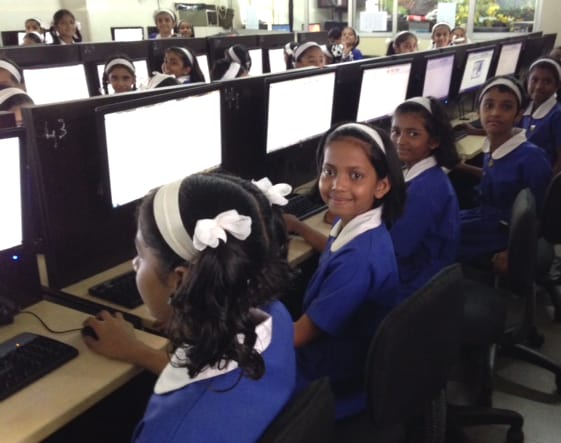
As the sun rises on the new school year, we can fine-tune our approach to literacy and education. We can be agents of change in a way like never before. We can be more than teachers. We can be leaders that empower their students to have faith in themselves, to take educated risks and to move forward in unlocking their potential. In our action plans, we can incorporate reading testimonies where invited speakers can share how reading opened a world of possible in their lives. The speakers can include teachers, parents, other past students, administrators, local store owners and anyone with a story to tell about how reading has changed their lives. Their stories will set the stage for students to tell their own success stories, in the days to come.
We are leaders and must lead to move students from “here” to “there.” I implore you to not lose faith and to press on with the work that you do. Whether you a share a classroom with three other teachers, teach a class with 58 students, spend contractual time monitoring hallways and study halls, or teach with little administrative or parental support, the power to change lives, lies with us.
Students will always remember how we encouraged them to move forward. They will forever hold in their hearts the moments when letters and syllables translated into words with meanings and then in to sentences and stories. With this knowledge in the way we lead them to read, the world of possible will roll out the red carpet at their feet.
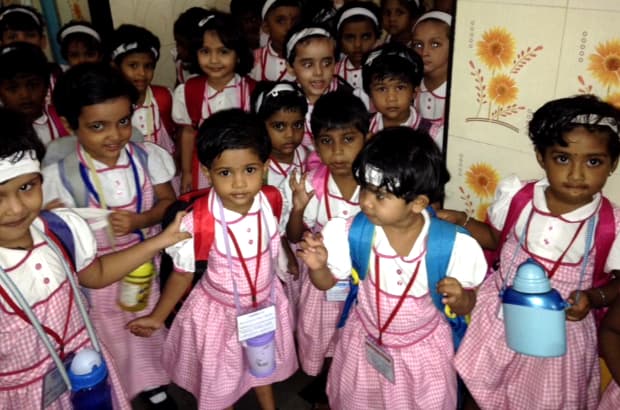
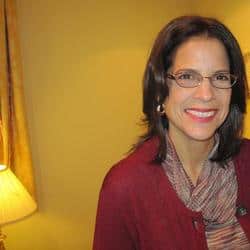
Sally Doulton is a READ 180 and System 44 teacher from Manhasset, New York and and Educator of Excellence from the New York State English Council. Sally’s classroom is comprised of a very challenging student population. This includes students in Special Education; English Language Learners who have just arrived in the United States; and students who are economically disadvantaged.



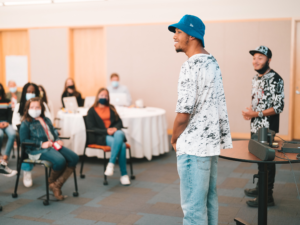
0 Comments
Leave a Comment
Your email address will not be published. All fields are required.